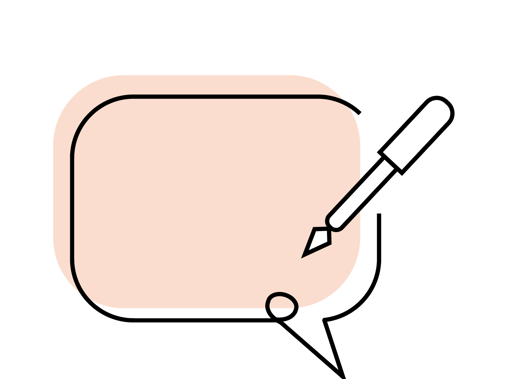We might be forgiven for thinking that the world – apart from COVID-19 – has simply stopped spinning. In some ways it probably has. Yet for those of us working in orthopaedic trauma, these are anxious days. We see our capacity to offer optimal fracture treatment as either already, or shortly will necessarily be a compromise on the standards we are all used to.
In our efforts to ‘clear the deck’ our Orthopaedic Specialist Societies and the BOA have been working hard behind the scenes with the NHS to develop guidance to keep anything but the most urgent life and limb threatening injuries away from our hospitals at this time.
We are reducing operating to those cases that absolutely need it; we are limiting the need for return visits by minimising casts that will need our help in removal in favour of Velcro splints and unwrappable soft casts. In fact, we have rather surprised ourselves at just how much we can shed from the workload – a positive change for the future perhaps.
Yet all of this comes in the toxic trauma mix of lighter nights, time on our hands, school closures and frustrations of necessary “stay at home” policies. Adults and children alike are itching to wake up from a winter of hibernation and recommence risky sports, even more risky gardening and DIY pursuits, and orthopaedic palpitation-inducing trampoline antics.
Therefore, we have been actively promoting a media message to discourage trauma-risky behaviours during the pandemic. It’s tricky because we all know that kids in particular are akin to a ping pong ball when penned in for too long.
So, what can we do?
We know that children’s fractures peak in the hour or two after dinner when parent’s eyes are off their offspring for a while. Encouraging some closer post-prandial supervision of children might well help us to cut down the number of people to whom we have to offer sub-optimal care to during the pandemic period. Our video has been circulating on social media widely to encourage this.
Equally, the circular saw and the wobbly ladders should stay in the garage for the time being. Anything we can do to reduce the burden is a ‘win win’ – for the potential patient who foregoes sub-optimal care and for the service which is under strain to provide it.
Please let us all do what we can to stay safe and avoid orthopaedics as well as COVID-19!
Find resources for hand injuries, hand-trauma prevention and hand safety.
Simon Barker is a consultant paediatric orthopaedic surgeon and former chair of BMA Scotland consultants committee

